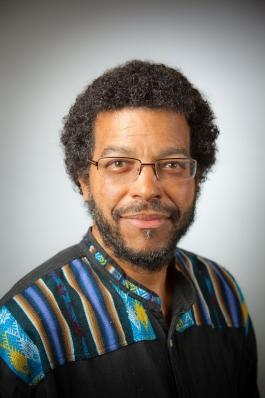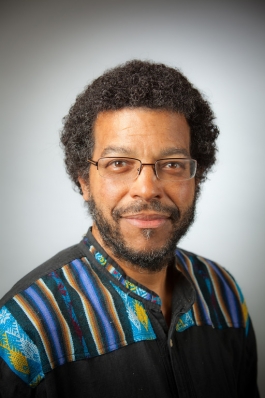

I’m extremely excited that we sit at the disciplinary nexus for health equity – one of the university’s most important priorities. The social determinants of health come back to issues of social and political activity and the systems of government, governance and provision of care and services – and those are among the most important things we study. This gives us a unique role to play in providing some balance with the biomedical focus. We can think systematically about UCSF as an institution that buys and sells and provides jobs – not just an educational organization and a hospital – so we understand how much impact we can have on entire communities and the health of people in those communities. There is enormous potential for us to play an ever more central role in the evolution of this priority area.
To do that, our department must continue to advance our ability to do impactful research in several core areas: Not just health equity and social inequalities in health, but also women's health, global health, aging and disability, and genetics and genomics.
To that end, we are undergoing a search for a new faculty member with a concentration in global health and/or aging and disability. Our society is getting older and more global, and so these are key areas of focus, particularly important in the formation of health policy. Since its inception, about ten years ago, we’ve done a phenomenal job of establishing health policy as an important area in the realm of nursing research and work; now we have to consider how to shape this program for the next ten years so we can take it to the next level.
I’m optimistic we will find the right person, in part because for anyone who wants to do work in the sociology of health and illness, our program remains one of the best in the country, in one of the most beautiful and desirable places to live.
Howard Pinderhughes, PhD, is chair of the Department of Social and Behavioral Sciences. He has conducted research and program development in race relations among youth, as well as adolescent violence prevention and intervention. His research combines aspects of grounded theory, qualitative methods, survey research and participatory action research to examine problems related to the impacts of structural inequality, racial, class and gender dynamics on adolescent health and relations. UCSF students chose him to deliver the 2017 “Last Lecture.”
